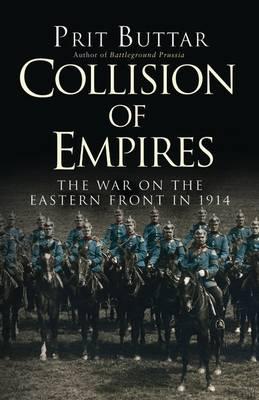 Looking beyond Gallipoli, an awful lot was happening in 1915. On the Western Front a number of major engagements took place throughout the year. The Battle of Neuve Chapelle, fought in March and April, was the first planned British offensive of the war. The attack had some initial success but ran out of steam.
Looking beyond Gallipoli, an awful lot was happening in 1915. On the Western Front a number of major engagements took place throughout the year. The Battle of Neuve Chapelle, fought in March and April, was the first planned British offensive of the war. The attack had some initial success but ran out of steam.
Beginning on 22nd April - days before the Gallipoli landings - the 2nd Battle of Ypres saw Germans attack the salient (a bulge in Allied lines surrounded by German territory) around Ypres. This battle marks the first use of gas on the Western Front, the Germans having previously used chlorine gas against Russian forces on the Eastern Front. French Algerian and Canadian troops bore the brunt of this attack.
The Battle of Loos was the biggest British offensive of the year, yet once again initial success ran out of steam. Casualties were high, both amongst pre-war regular soldiers and those who had volunteered for the duration - this battle marked the first use of 'New Army' units on the Western Front. During this battle, the British used poison gas for the first time.
There was plenty of action in other fronts around the world. The Indian and British armies had had some success against the Ottoman Turks in Mespotamia (modern-day Iraq) in 1914, but 1915 saw forces over-extend themselves, and after defeat at the Battle of Ctesiphon in November the allies retreated back to Kut-al-Amara.
 In October a Franco-British force landed at Salonika in Greece (now Thessaloniki) with the intention of aiding the Serbian Army against Bulgaria, an ally of Germany. Although the Serbians had been beaten by the time the force landed, they remained stationed in Greece.
In October a Franco-British force landed at Salonika in Greece (now Thessaloniki) with the intention of aiding the Serbian Army against Bulgaria, an ally of Germany. Although the Serbians had been beaten by the time the force landed, they remained stationed in Greece.
Germany had various colonies in Africa and in 1915 there was ongoing fighting - often in very difficult conditions - in a number of these:
- Cameroon,
- East Africa (Tanganyika and surrounding countries),
- and Namibia (German South-west Africa).
The Oscar winning film The African Queen is set during the East African campaign.
In British-controlled Egypt, New Zealand troops were involved in defending the vital Suez Canal from the Ottoman Turks and towards the end of the year helped to quell rebel Arab and Berber (the Senussi) tribes who had been agitated by the Germans and Turks.
In April 1915, William Rhodes-Moorhouse won the first ever aerial Victoria Cross, bombing a railway junction in Belgium. He died the next day aged 27. Although he spend most of his life in the UK he was descended from Wellington settlers and the iwi Ōtahui of Ngāti Ruanui.
Who will you be remembering this year?




Add a comment to: 1915 – a brief guide to the wider war